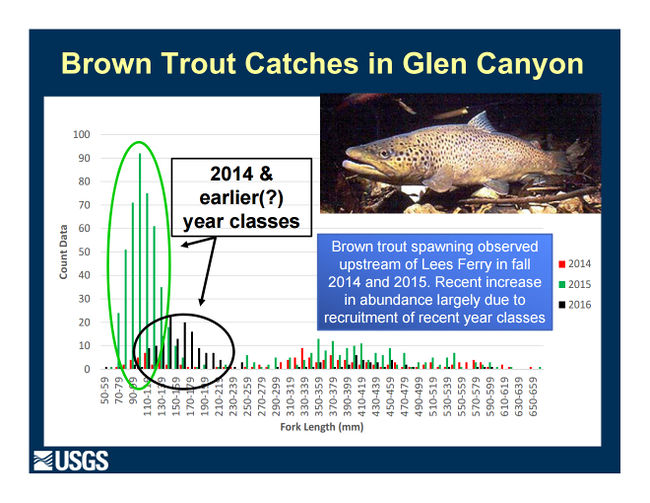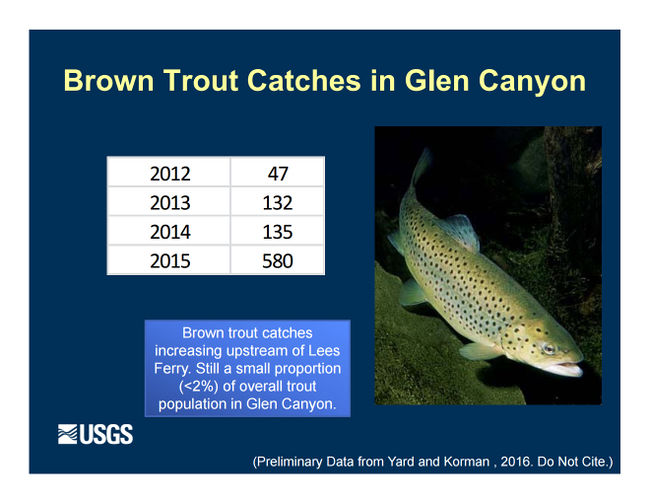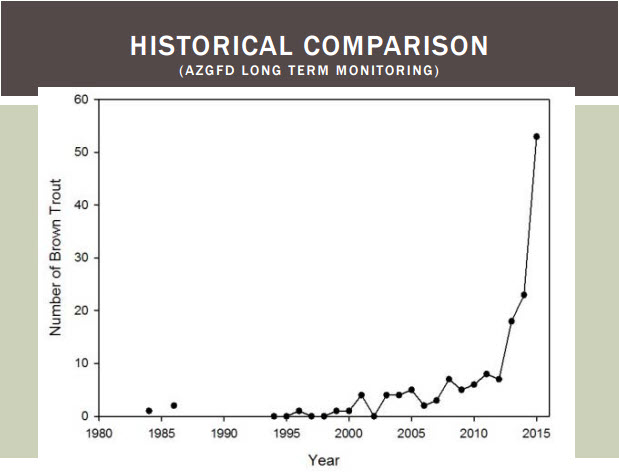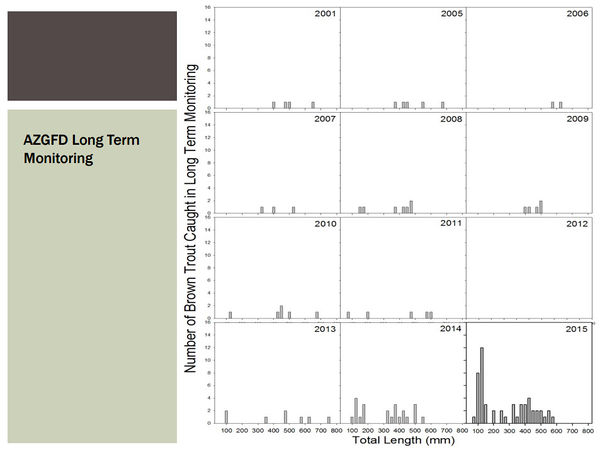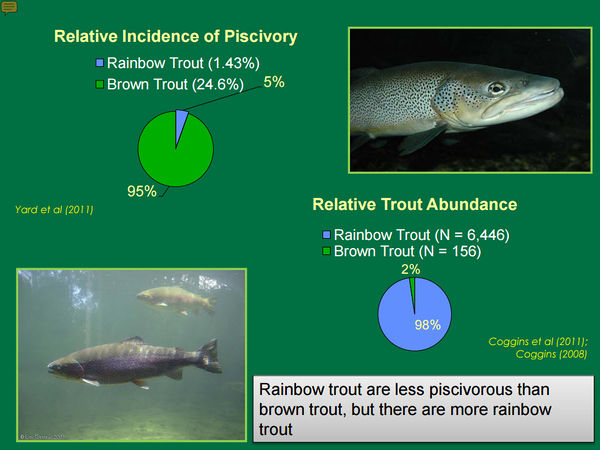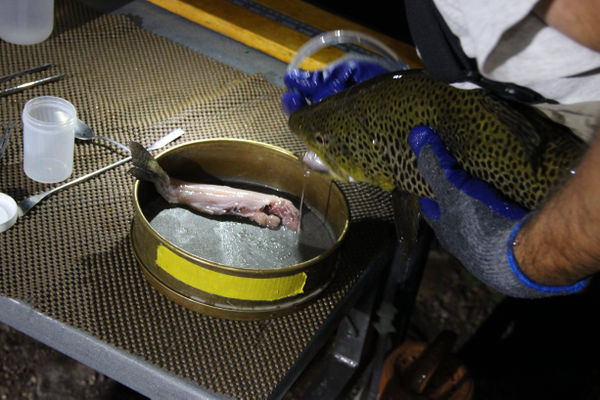Difference between revisions of "Brown Trout"
Cellsworth (Talk | contribs) |
Cellsworth (Talk | contribs) |
||
| Line 37: | Line 37: | ||
----------Strapline immediately below banner----------> | ----------Strapline immediately below banner----------> | ||
{| style="width:100%; height:50px" border=1px solid #ccc; background:#cedff2 | {| style="width:100%; height:50px" border=1px solid #ccc; background:#cedff2 | ||
| − | ! style="width=50%; background:#cedff2;" | [[File:RainbowTrout1.jpg]]<br> [http://www.azgfd.gov/h_f/fish_rainbow_trout.shtml Rainbow Trout] | + | ! style="width=50%; background:#cedff2;" | [[File:RainbowTrout1.jpg*]]<br> [http://www.azgfd.gov/h_f/fish_rainbow_trout.shtml Rainbow Trout] |
| − | ! style="width=50%; background:#cedff2;" | [[File:BrownTrout1.jpg]]<br> [http://www.azgfd.gov/h_f/fish_brown_trout.shtml Brown Trout] | + | ! style="width=50%; background:#cedff2;" | [[File:BrownTrout1.jpg*]]<br> [http://www.azgfd.gov/h_f/fish_brown_trout.shtml Brown Trout] |
|} | |} | ||
Revision as of 09:45, 7 November 2016
|
|
Brown TroutBrown trout are native to Europe and were introduce to tributaries in the Grand Canyon in the 1920s. They are capable of withstanding slightly higher temperature than other trout. Unlike most other trout species, brown trout spawn in the late fall. Their spawning behavior, however, is similar to other trout species. Like rainbow trout, young brown trout feed on aquatic and terrestrial insects and invertebrates but brown trout are more apt to switch to eating other fish as they get bigger. The rainbow trout found in Grand Canyon are more likely to continue to eat mostly insects and invertebrates even as adults. Many studies have shown that rainbow trout and native fish like humpback chub often have a difficult time persisting with large populations of brown trout.[1] Desired Future Condition for the Lees Ferry Trout FisheryA high quality trout fishery in GCNRA, as further described in the Recreation DFC that does not adversely affect the native aquatic community in GCNP. |
| File:RainbowTrout1.jpg* Rainbow Trout |
File:BrownTrout1.jpg* Brown Trout |
|---|
|
|
